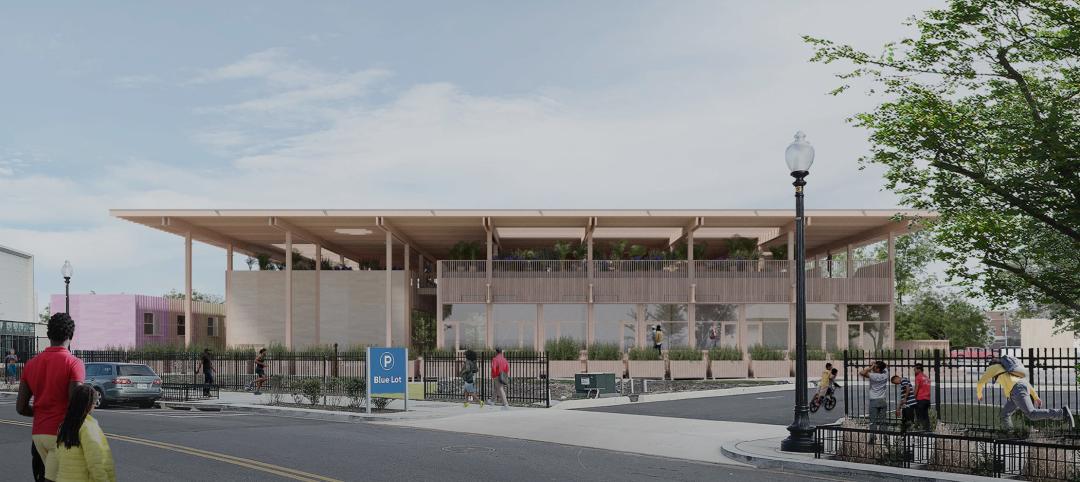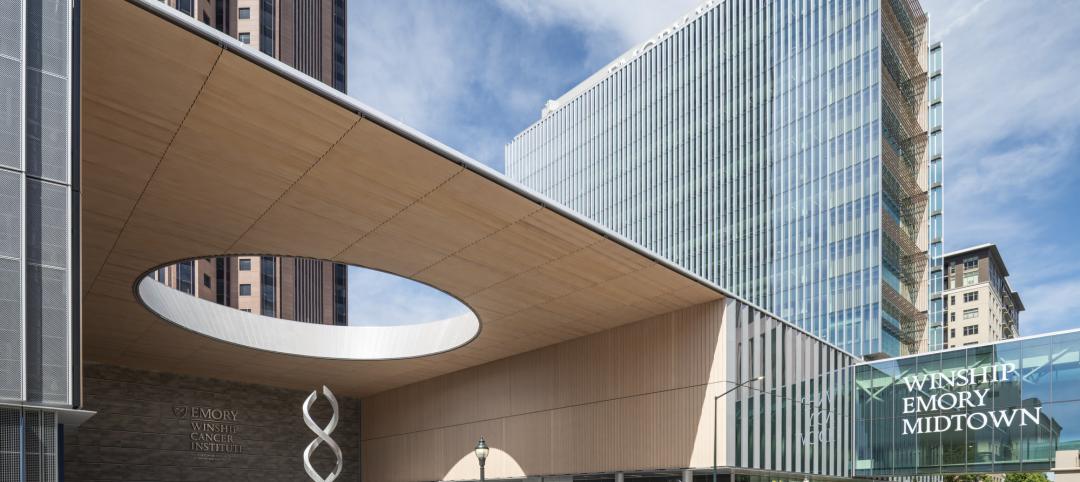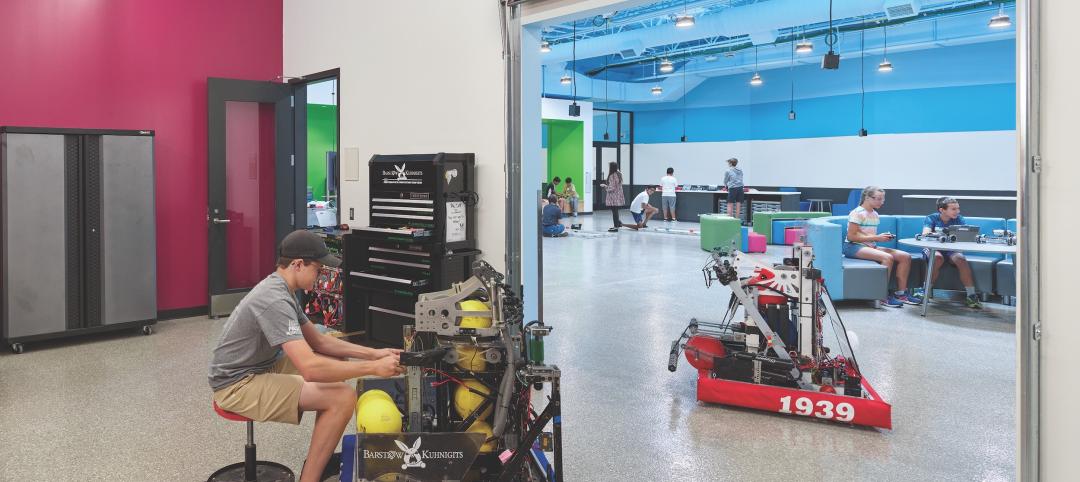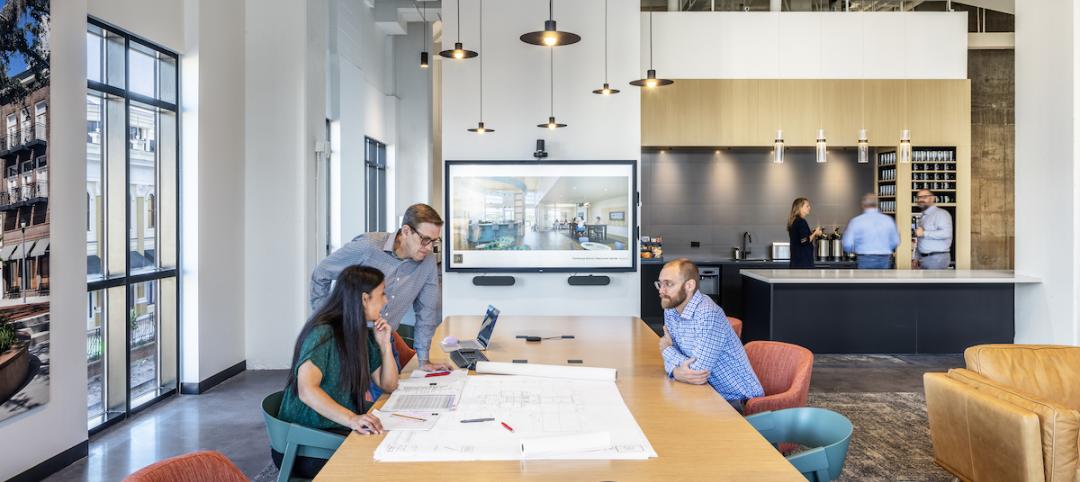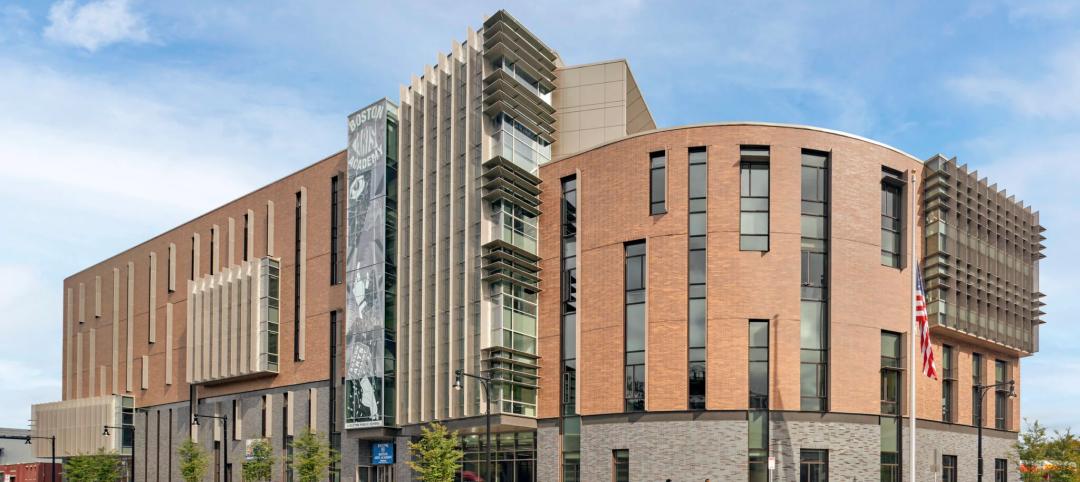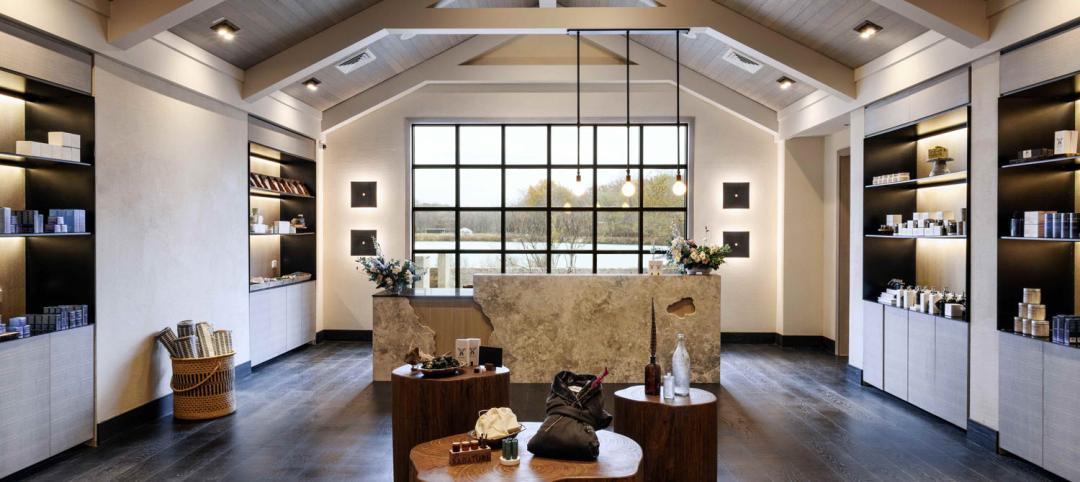The American Institute of Architects (AIA) and the National Council of Architectural Registration Boards (NCARB) are among several organizations who have helped found the Alliance for Responsible Professional Licensing (ARPL)—a new coalition of technical professions focused on educating policymakers and the public about the importance of rigorous professional licensing standards.
ARPL is a unique coalition that brings together professional organizations and their registration boards at a time when there is significant concern over the appropriate level of licensing required by law. The coalition was formed to ensure their voices are heard by policymakers and the public amid the growing debate around licensing.
“NCARB and AIA may approach the licensing debate from different perspectives but we fundamentally agree that rigorous standards must be maintained in order to protect the public we both serve,” said NCARB CEO Michael J. Armstrong. “Complex professions are at risk of being swept up in broad calls to reduce licensing requirements for occupations and vocations. It is important for us to work with other technical professions to ensure public safety isn’t compromised by broad brush deregulatory efforts.”
“When an architect designs a hospital or a school, the public must have confidence in its safety and structural integrity,” said AIA EVP/CEO Robert Ivy, FAIA. “The best way to maintain the public’s confidence is to continue to require that architects demonstrate rigorous and ongoing education, examination, and experience. Attempts to weaken or undermine professional licensing requirements for architects not only harm our profession, but could potentially endanger public health, safety, and welfare.”
The formation of the Alliance reflects mutual interest between regulatory organizations and their professional society counterparts in making the case for reasonable regulation. Although the regulatory associations’ mission is the protection of public, and the professional societies are the voices of their respective professions, recent trends and challenges in the regulatory and legislative environment have called for these groups to proactively engage together in the narrative around the importance of reasonable regulation and licensing.
In addition to AIA and NCARB, members of the ARPL include the American Institute of Certified Public Accountants (AICPA), American Society of Civil Engineers (ASCE), Council of Landscape Architectural Registration Boards (CLARB), National Association of State Boards of Accountancy (NASBA), National Society of Professional Engineers (NSPE) and National Council of Examiners for Engineering and Surveying (NCEES).
Related Stories
Retail Centers | Jun 2, 2023
David Adjaye-designed mass timber structure will be a business incubator for D.C.-area entrepreneurs
Construction was recently completed on The Retail Village at Sycamore & Oak, a 22,000-sf building that will serve as a business incubator for entrepreneurs, including emerging black businesses, in Washington, D.C. The facility, designed by Sir David Adjaye, the architect of the National Museum of African American History and Culture, is expected to attract retail and food concepts that originated in the community.
Mixed-Use | Jun 1, 2023
The Moore Building, a 16-story office and retail development, opens in Nashville’s Music Row district
Named after Elvis Presley’s onetime guitarist, The Moore Building, a 16-story office building with ground-floor retail space, has opened in Nashville’s Music Row district. Developed by Portman and Creed Investment Company and designed by Gresham Smith, The Moore Building offers 236,000 sf of office space and 8,500 sf of ground-floor retail.
Healthcare Facilities | Jun 1, 2023
High-rise cancer center delivers new model for oncology care
Atlanta’s 17-story Winship Cancer Institute at Emory Midtown features two-story communities that organize cancer care into one-stop destinations. Designed by Skidmore, Owings & Merrill (SOM) and May Architecture, the facility includes comprehensive oncology facilities—including inpatient beds, surgical capacity, infusion treatment, outpatient clinics, diagnostic imaging, linear accelerators, and areas for wellness, rehabilitation, and clinical research.
K-12 Schools | May 30, 2023
K-12 school sector trends for 2023
Budgeting and political pressures aside, the K-12 school building sector continues to evolve. Security remains a primary objective, as does offering students more varied career options.
Multifamily Housing | May 30, 2023
Boston’s new stretch code requires new multifamily structures to meet Passive House building requirements
Phius certifications are expected to become more common as states and cities boost green building standards. The City of Boston recently adopted Massachusetts’s so-called opt-in building code, a set of sustainability standards that goes beyond the standard state code.
Architects | May 30, 2023
LRK opens office in Orlando to grow its presence in Florida
LRK, a nationally recognized architectural, planning, and interior design firm, has opened its new office in downtown Orlando, Fla.
Urban Planning | May 25, 2023
4 considerations for increasing biodiversity in construction projects
As climate change is linked with biodiversity depletion, fostering biodiverse landscapes during construction can create benefits beyond the immediate surroundings of the project.
K-12 Schools | May 25, 2023
From net zero to net positive in K-12 schools
Perkins Eastman’s pursuit of healthy, net positive schools goes beyond environmental health; it targets all who work, teach, and learn inside them.
Contractors | May 24, 2023
The average U.S. contractor has 8.9 months worth of construction work in the pipeline, as of April 2023
Contractor backlogs climbed slightly in April, from a seven-month low the previous month, according to Associated Builders and Contractors.
Mass Timber | May 23, 2023
Luxury farm resort uses CLT framing and geothermal system to boost sustainability
Construction was recently completed on a 325-acre luxury farm resort in Franklin, Tenn., that is dedicated to agricultural innovation and sustainable, productive land use. With sustainability a key goal, The Inn and Spa at Southall was built with cross-laminated and heavy timber, and a geothermal variant refrigerant flow (VRF) heating and cooling system.



